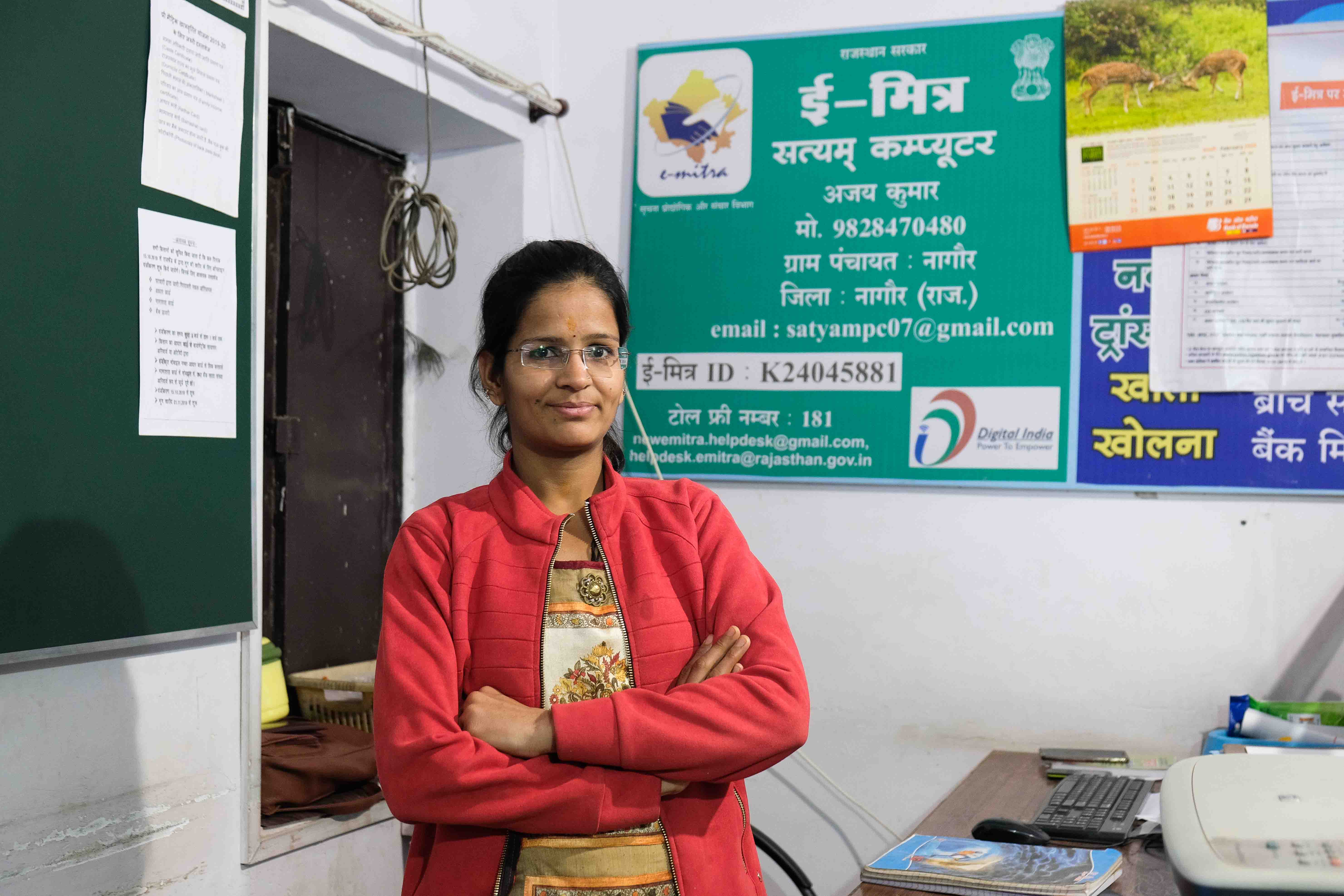In an economy as large as India, 95% of the industrial units in the country consist of small businesses which churn out 40% of total industrial output. Again, small businesses bag around 45% of the total exports from India, and after agriculture, small business is the second largest employment provider in the Indian economy.
However, where small enterprises in countries like Taiwan and China contribute to 85% and 60% of the GDP respectively, in India the contribution is a mere 17%. There is clearly a profitability gap that needs addressing – particularly in rural India where rural entrepreneurs are so vital to the local economy.
India has a widespread culture of entrepreneurship, with the Indian entrepreneurial spirit rising remarkably in recent years. India is the third fastest growing ‘startup’ country in the world - just after the US and the UK.
So what needs to be done to help foster greater success and profitability in our many budding entrepreneurs?
Fostering Entrepreneurship Development at SEDI
To help develop entrepreneurs at the grassroots level, and equip them with the skills necessary for success, ACF’s SEDI has been nurturing entrepreneurs since inception, and last year formally launched its Enterprise Development Program.
Since its establishment, SEDI has adopted courses with the potential for self-employment and enterprise development and the continued efforts in promoting self-employment amongst SEDI graduates has resulted in 404 businesses being established till date.
Small businesses contribute to local economies by bringing growth and innovation to the community in which the business is established, and also help stimulate economic growth by providing employment opportunities to local people. It is integral for a flourishing rural economy.
However, many challenges present major roadblocks in establishing these businesses as local employment providers, or in scaling them up. Poor credit worthiness, unavailability of skilled manpower, and a lack of marketing and managerial expertise are hurdles rural entrepreneurs must jump.
To help entrepreneurs better tackle these challenges, SEDI took the advice of many leading organisations working in this field, and incorporated a number of changes to the Enterprise Development Program, including:
• Youth with potential entrepreneur’s mind-set are now identified during the mobilization process itself. They are either existing entrepreneurs with a small business but struggling to stabilise and scale, or those with an inclination to start their own enterprise.
• After a process of counselling and motivation they are taken through a short EDP course which culminates in the development of the business idea and a sketch of the business plan.
• Financial institutions are roped in early on to establish the credibility of the entrepreneurs and to help support securing a business loan in the future. This is a time-consuming process as some of the enterprises have never transacted with banks in the past. The financial analysis of the business is verified at various levels and the investment and interest of the individual is mapped to ascertain his/her capacity to handle crisis situations.
• Business proposals are vetted thoroughly by mentors in similar industries to guide the entrepreneurs in commencing their entrepreneurial journey.
• Licensing, registration of PAN, GST, Shop Act, and other legal formalities are also facilitated.
Looking Forward
At ACF we believe entrepreneurship will be a key driver of rural prosperity in the future. In order to foster and spur entrepreneurship at a grassroots level, SEDI hopes to hone its program further by bringing on board in-house expertise to facilitate small business project proposals, financial analysis, business plan, and branding and marketing, among other things.
We also hope to develop production clusters for small enterprises producing the same goods. In this way, bargaining power is increased as the cluster helps in dealing with larger volumes. Similarly there is scope to develop community organizations like producer companies, federations, and entrepreneurial groups to support rural entrepreneurs in scaling their businesses.
Small and micro enterprises are great contributors to the local economy and help in addressing unemployment. However start-ups have a very high risk of failure. By providing the necessary skills, and support to first time entrepreneurs, we can optimise their chance of success. Similarly, repeat entrepreneurs deserve opportunity for a ‘second chance’ so that they can learn, and mature from, their failures.
 - Authored by Ravi Nayse, Vice President, Skill & Entrepreneurship
- Authored by Ravi Nayse, Vice President, Skill & Entrepreneurship







0 Comment